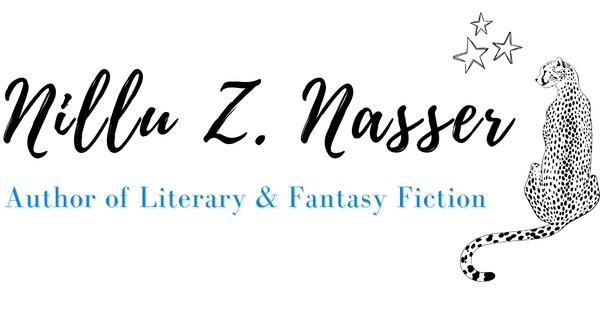 Photo by Abhijeet Rane
Photo by Abhijeet Rane
I’m nearing the end of the first draft of Hidden Colours, my second novel, scheduled to be released in late autumn. The novel is set in modern day Berlin. My husband is from Berlin and we studied there together, and sometimes we dream about living there again, but that’s a story for another day.
I’ve written this book faster than the last one, partly because being signed to EP means that I can’t afford to meander to the finish line, but also because with three children under eight, if I didn’t work to a strict schedule, nothing would get done.
It’s been a treat researching Berlin for the novel, remembering our love affair with the city, reliving my time there. One of the benefits of choosing a setting I know well – and J can act as a consultant for – is that it cuts down on research time.

Photo by Matt Biddulph
Still, Berlin is a treasure chest and as usual, I can find myself disappearing down rabbit holes. It’s a city of nooks and crannies that changes with the seasons, and has a rich and often fraught history. J tends to be my alpha reader – the first person to read the manuscript through – and I’m nervous to see if I’ve portrayed the city accurately.
My favourite Berlin story has to be one my husband told me years ago. I like hearing it, even when he tires of it himself. I’ll tell you about it now, although it’d be much better if he could relay it himself. I’m not sure anymore what I’ve embellished over the years. Imagine this:-
A nine year old boy is walking home from school in East Berlin. He has blonde hair, chubby legs, a backpack on his back. The boy grew up behind the Berlin Wall, and the grip of communism is such that paranoia reigns. Citizens aren’t allowed Western telly, or Western goods, and when certain items arrive from the West, like bananas or mangoes, excited queues form around the block to taste the exotic.
The boy knows about Coca-Cola from adverts on illicit TV channels. In East Berlin shops, own brand Cola is the norm. So that day, when he is walking home, and sees a can of real Coca-Cola on the roof of a car with West German licence plates, he can’t believe his eyes.

Photo by Pascal Volk
The first thing he does is sit on a wall and observe the can. There’s no one around the car, and he’s sure this is a trick. There must be spies waiting to report unsuspecting citizens to the authorities. Being caught with Western goods would mean trouble. So the boy waits and watches, his heart drumming in his chest, checking the windows of the high-rises opposite for any twitching curtains or sudden movements.
After close to an hour, he can’t bear it anymore. He builds up all his energy and runs for the car, swiping the can off the roof. He almost falls over. The can is full of liquid. It hasn’t even been opened yet. It would have been a trophy enough to have an empty can, but this is beyond his wildest dreams.
He runs home as fast as his little legs can carry him, and hides the can of Coke in his bedroom, savouring a few sips each day. When the can is empty, he keeps it, refilling it with supermarket own brand Cola, pretending it is the real deal.
So there you have it. I can picture it so vividly. Some stories feel like a gift to open. We always thought it would make a good Coca-Cola advert. I love how it intertwines national and personal history. I feel so protective of that paranoid, excited little boy (J denies the chubby legs!), and how careful he was about something so small, but important to him.
If you have time, tell me a story from your childhood in the comments.
Nillu
xoxo
–
All the Tomorrows, my first novel, is available at all the usual retailers. Hidden Colours, my second novel, is due out in autumn 2018. If you want to be updated when it releases, follow me on BookBub and Amazon. Alternatively, subscribe to my occasional newsletter.
